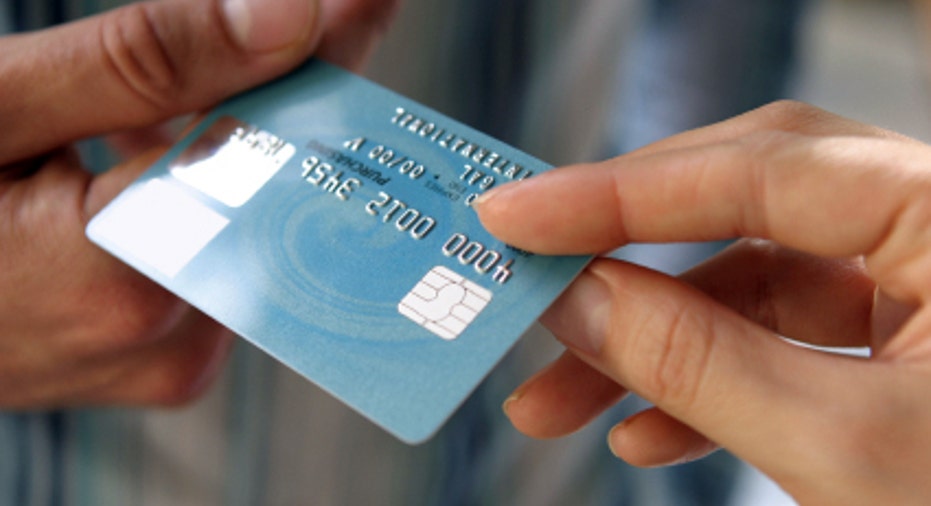Six Rules of Rewards Credit Card Power Users

Play your rewards cards right and they can lead to enviable vacations, luxury gifts or cold hard cash. Play them wrong and they can cost you. Maximizing your rewards credit cards boils down to understanding how your card works and minding the pitfalls, say the experts. Here are six strategies to help you get the most out of your rewards cards.
- Pay your balance every month According to Bethany and Scott Palmer, authors of "First Comes Love, Then Comes Money," having a rewards card may not make sense if you have to pay more for it. Even carrying a balance for just one month on a rewards card with a high annual fee and APR could negate the card's rewards. Scott Palmer says that "if you find that you're paying $300 to $400 in fees [on a travel rewards card] and you see that an average flight is the same price, you might be shooting yourself in the foot." There are deals in the rewards card field, but you'll have to shop around a bit to find them. The Escape by Discover Card and the Citi Forward Card have variable APRs starting at 10.99% and 12.99% respectively. The Palmers say that consumers can dodge the pricey APR bullet by paying their bills in full and on time.
- Find the hidden fees In addition to annual fees, penalties for late payments and fees for cash withdrawals, you may also be on the hook for taxes, baggage fees and miscellaneous costs when you redeem rewards. "British Airways charges fuel surcharges on award flights which can be as much as $500 to $600," says Tim Winship, editor-at-large for SmarterTravel.com. "That's quite shocking to a lot of people." Winship adds that taxes and fees on most award tickets with U.S. airlines are $50 or less. With other types of rewards credit cards, you can incur customer service fees, shipping costs or processing fees that add up fast. Calling your card issuer and asking what it costs to redeem your rewards can help you decide if your rewards card is truly paying off.
- Know the true cost The Citi Dividend World MasterCard offers $200 cash back. The Chase Sapphire Preferred card comes with 50,000 bonus rewards points. The Marriott Rewards Visa Signature Card comes with two free hotel stays. They all come with a catch. Thomas Fox, community outreach director for Cambridge Credit Counseling Corporation in Agawam, Mass., says that incentive cards frequently come with annual fees and require consumers to charge a certain amount or make specific types of purchases to activate the reward. "If there's an annual fee [on the card] and you have to spend $20,000 to get a $100 gift card, is it worth it?," asks Fox. To maximize rewards, Fox says to carefully read the card's terms, then evaluate whether the rewards program makes sense for your buying habits.
- Know your limits You'll have to spend to get rewards, but you'll also have to abide by your card's limitations. Blackout dates, maximum rewards caps and restrictions on where and when rewards can be used abound in the world of incentive cards. Winship says that travel rewards cards, in particular, are riddled by blackout dates. "That situation is worse today than it's ever been because the airlines are flying fuller than they ever have in the past," he says. "The availability of award seats is more constrained than ever." Knowing your card and planning ahead can help you maneuver around your card's limitations and make the most of your rewards.
- Stick to your budget With rewards ranging from hockey tickets to cruises, those cards practically beg you to spend. Even consumers with cash back cards tend to spend more once they have a rewards card than they did before. Research from the Federal Reserve Bank of Chicago shows that when consumers were offered a $25 cash back reward, spending and debt rose by $79 to $191 per month. Keep overspending in check by tracking your purchases and having a rewards goal in mind, says David Jones, president of the Association of Independent Consumer Credit Counseling Agencies. "[Consumers] should try to visualize what that goal is, write it down and work that card for that goal, not just spend blindly and be thrilled that they have 10,000 miles," explains Jones. Keeping one eye on your debt and the other on a specific rewards can help you stay fiscally focused and avoid big credit card bills.
- Stay on the bank's good side Credit card companies legally have the right to modify or cancel their rewards programs at any time. They can also choose who stays in the program. "With a rewards card, it's very plausible that a lender would say 'You lose your rewards for missing a payment,'" says Fox. "The rewards is based on you being a 'good customer.'" To stay in a card issuer's good graces, make payments on time, keep your debt well below your credit limit and call your card issuer ahead of time if you know you can't make a payment.
The original article can be found at CardRatings.com:6 rules of rewards credit card power users



















